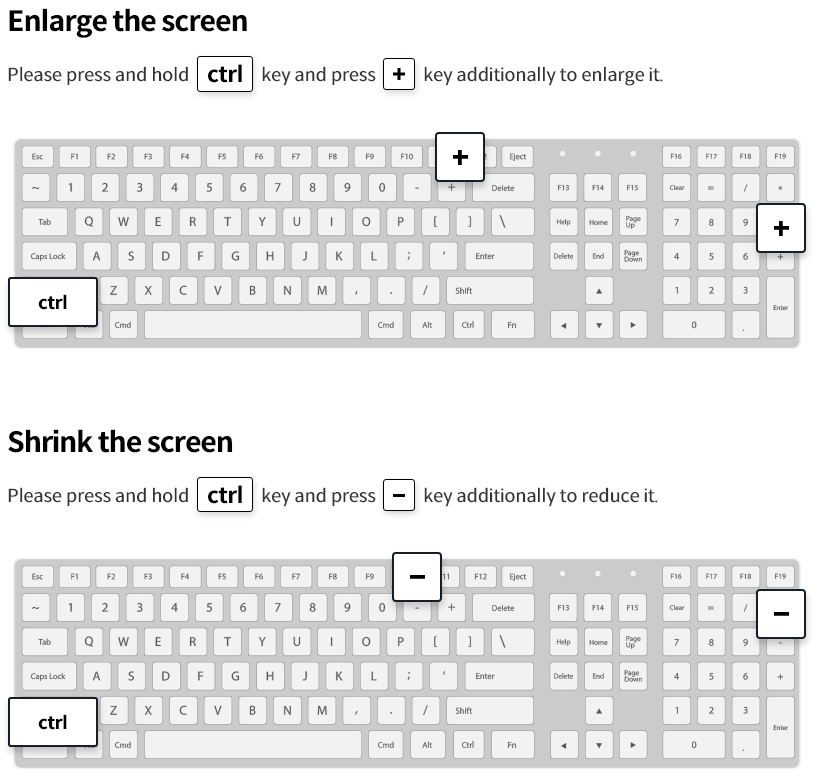The Export-Import Bank of Korea (www.koreaexim.go.kr, Chairman Lee Duk-hoon, “Korea Eximbank”) announced on March 19 that it signed a USD 48 million EDCF* loan agreement with the Nicaraguan Finance Ministry to fund the second stage of Nicaragua’s renewable energy power transmission and transformation facilities project.
* The Economic Development Cooperation Fund (EDCF) was established by the Korean government in 1987 to promote economic exchanges and to assist developing countries in achieving industrialization and economic stability through the provision of long-term, low-interest credit. Korea Eximbank currently manages the fund as its trustee. As of the end of February 2014, EDCF has supported 309 projects in 52 countries with KRW 10.19 trillion (commitment basis).
The bank’s Chairman Lee Duk-hoon signed the loan agreement with Nicaraguan Finance Minister Iván Acosta Montálvan at the annual meeting of IDB held in Salvador, Brazil.
The second stage of Nicaragua’s renewable energy transmission and transformation facilities project would enable the 253MW Tumarin hydroelectric power plant, scheduled for completion in 2017, to supply electricity to Nicaragua’s rural areas such as Boaco, Chontales, and Rio San Juan.
The project specifically involves the installation of three substations and transmission lines with a combined length of 42.17 km.
The electrification rate in Nicaragua’s countryside currently stands at around 40% (90% in urban areas).
Once completed, this project would connect an additional 27,000 rural households to the grid and ensure stable power supply to some 100,000 households.
The first and second stages of the project has been co-financed by many international development banks such as IDB* and CABEI**, to the tune of USD 420 million.
IDB (Inter-American Development Bank): a regional development bank established in 1960 to promote Latin America’s economic development, with 46 member countries including 26 in Latin America.
**Central American Bank of Economic Integration: the largest regional development bank in Central America, set up in 1960 to promote long-term investment in industries such as agriculture and livestock farming, with 12 member countries.
Korea Eximbank has provided a total of USD 75.2 million in co-financing for the project (USD 27.2 million for the first stage and USD 48 million for the second).
Korean contractors, who enjoy a definitive technological advantage in the construction of high-voltage transmission and transformation facilities, will design and build the second phase of this project as well.
This is likely to broaden opportunities for Korean companies to take part in other power infrastructure and ODA projects in Latin America.
Prior to the signing ceremony, Chairman Lee had a meeting with IDB Chairman Luis Alberto Moreno, where the heads of the two financial institutions agreed to actively pursue co-financing as a way to attract private investment from both regions to Latin American infrastructure projects.


